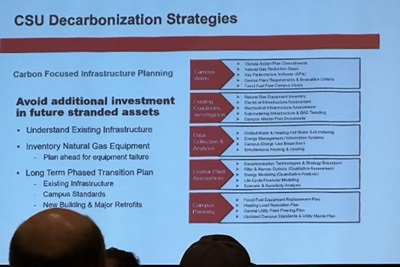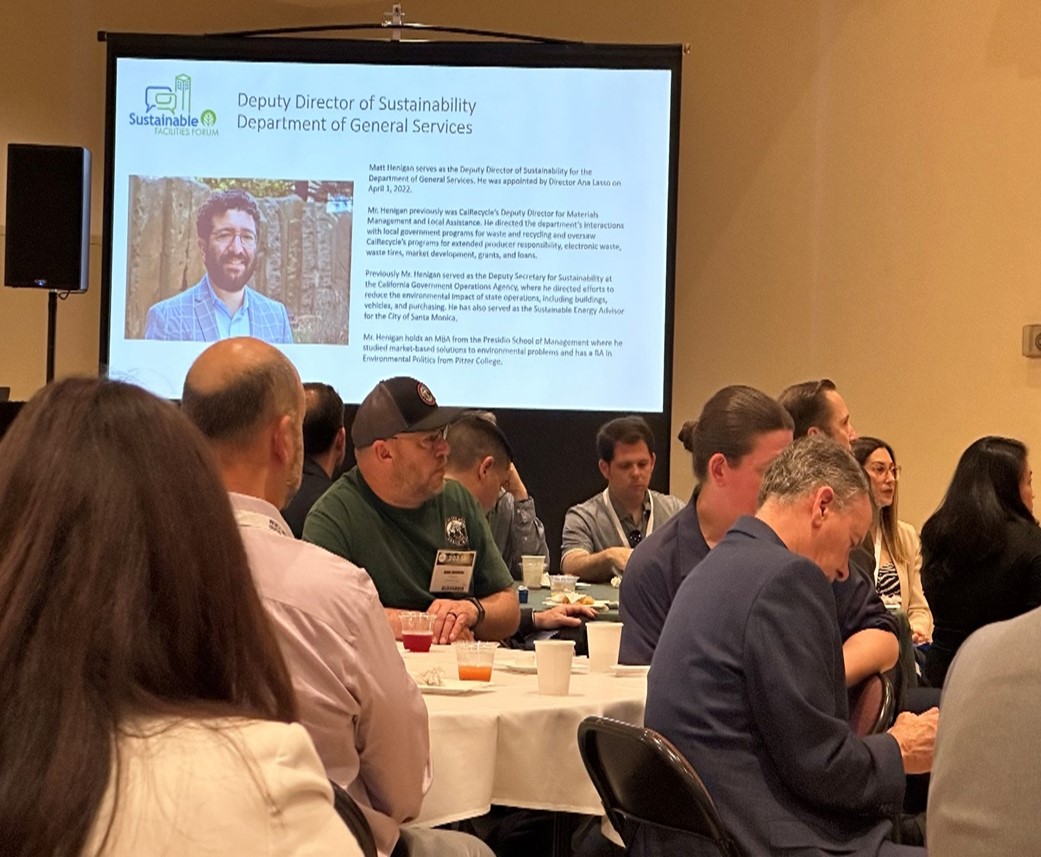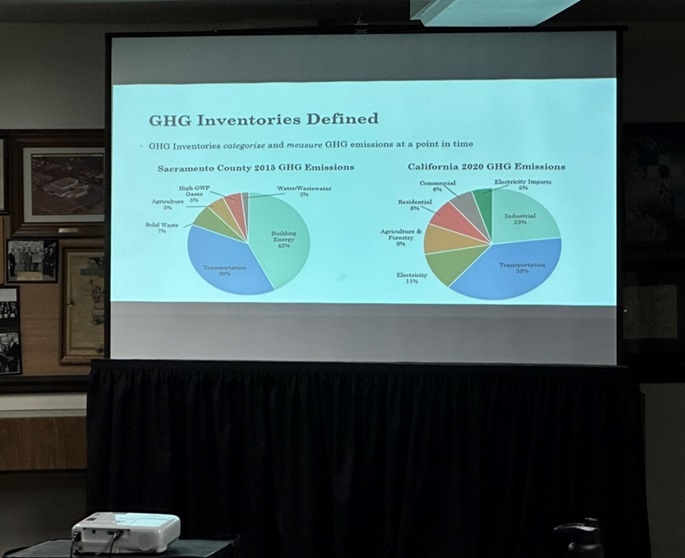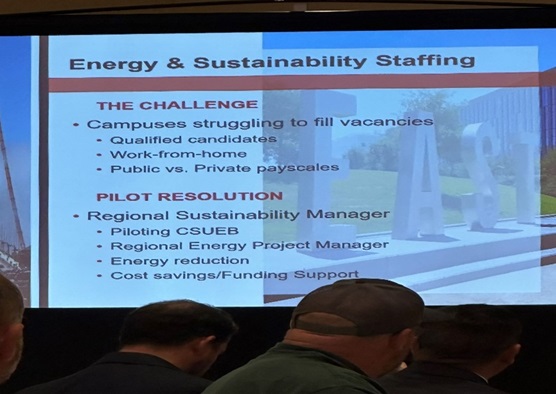Advancing Sustainability in Public Sector Facility Projects: Insights from the Sustainable Facilities Forum
With a central focus on sustainability, the forum provided a platform to discuss and showcase innovative strategies, best practices, and cutting-edge technologies driving the sustainable transformation of public sector facilities.
Highlighting Sustainability Strategies
|
The Sustainability Facilities Forum started with insightful presentations addressing various sustainability strategies employed in public sector facility projects. Experts emphasized the significance of energy efficiency, renewable energy, integration, water conservation, waste management, and green building design. By adopting a holistic approach, these strategies aim to minimize environmental impact, reduce operational costs, and create healthier, more resilient communities. |
 |
Best Practices in Sustainable Facility Management
|
Attendees were treated to a wealth of best practices gleaned from successful public sector facility projects. Case studies demonstrated the immense value of collaboration and engagement among stakeholders, including facility managers, architects, engineers, local communities, and suppliers. By fostering open communication channels, project teams were able to identify opportunities for innovation and optimize sustainable practices throughout the project lifecycle. The forum highlighted the importance of incorporating sustainability metrics and performance indicators, allowing continuous monitoring and improvement. |
 |
Technological Advancements Driving Sustainability
| Technology plays a pivotal role in promoting sustainability in the ever-evolving landscape of public sector facility projects. The Sustainable Facilities Forum showcased cutting-edge innovations that revolutionize how facilities are designed, operated, and maintained. From advanced energy management systems and intelligent lighting solutions to smart building automation and data analytics, emerging technologies are unlocking unprecedented opportunities to enhance efficiency, reduce resource consumption, and optimize overall facility performance. |  |
| One of the overarching themes at the Sustainable Facilities Forum was the need for public sector facilities to embrace resilience and adaptation in the face of a changing climate and other challenges. Sessions focused on integrating climate resilience into facility planning and design, incorporating nature-based solutions, and implementing strategies to mitigate the impact of natural disasters. The forum emphasized the critical role of public sector facilities as community assets and highlighted the importance of designing and managing them with long-term resilience in mind. |  |
The Sustainable Facilities Forum served as a powerful catalyst for knowledge exchange and collaboration among industry professionals. Participants left the event with a deeper understanding of sustainable practices, innovative technologies, and practical strategies to drive positive change in public sector facility projects. The event underscored the importance of ongoing research, development, and implementation of sustainable solutions, urging stakeholders to continue pushing the boundaries of what is possible.
Looking ahead, the Sustainable Facilities Forum has set a strong precedent for future gatherings, emphasizing the need for ongoing dialogue, cross-sector partnerships, and the integration of sustainability into the core of public sector facility projects. By prioritizing sustainable practices, leveraging technology, and fostering resilience, the public sector has the opportunity to lead by example, shaping a future where sustainable facilities are the norm rather than the exception.
Conclusion
The Sustainable Facilities Forum held on May 18, 2023, at the Scottish Rite Center in Sacramento, California, provided a platform for experts, professionals, and policymakers to share insights and showcase the latest advancements in sustainable public sector facility projects. The event highlighted strategies, best practices, and technologies aimed at driving sustainability, resilience, and innovation. As the momentum for sustainable development continues to grow, forums like this serve as vital platforms for fostering collaboration and pushing the boundaries of what can be achieved in the realm of sustainable public sector facility projects.
EPP Training
The California Procurement and Contracting Academy (CalPCA) has developed training modules to help requisitioners, buyers, supervisors, and managers buy green with ease. These training programs assist procurement officials by introducing the criteria that can be used while purchasing goods and services to increase EPP within a department.
To participate in online self-paced training register free here.
The BASIC and EXECUTIVE training will cover:
The BASIC course will focus on the criteria that can be used while purchasing goods and services to increase EPP within your department. This program will cover third-party environmental certifications, DGS purchasing standards, State Agency Buy Recycled Campaign (SABRC) compliant products, product take-back programs, greenwashing, and EPP resources. The training will equip you with the knowledge and skills to identify approved certifications and labels, use standards within your procurement contracts, report goods and materials within the SABRC category, identify EPP goods, and provide guidance on available resources.
The EXECUTIVE course will focus on the EPP practices that align with state contracting policies that support climate initiatives. This certificate will cover the benefits of the state EPP program, reasons for establishing an EPP program in your organization, recommended steps, and strategies for implementing an EPP program, and access to additional resources that provide specific fundamentals to the process.
Who should participate?
- Purchasers Purchasing Authority Contacts (PACs)
- Procurement and Contracting Officers (PCOs)
- Small Business/Disabled Veteran Business Enterprise (SB/DVBE)
- Advocates Supervisors and managers Executives
In addition, DGS developed job aids to help simplify buying green. The EPP and FI$Cal job aids together comprise a comprehensive “how-to” manual that provides detailed instructions on how to apply EPP to purchases and consists of the following documents:
